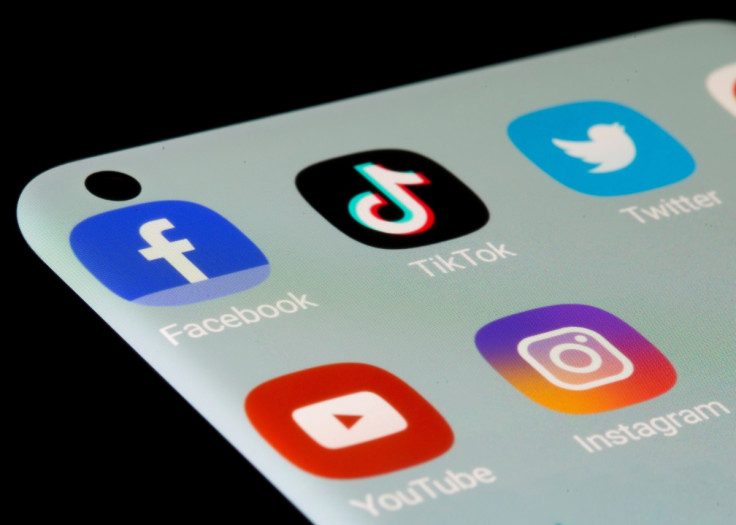13 'Too Early' For Social Media; Tips For Guiding Kids On The Platforms
KEY POINTS
- Surgeon General Vivek Murthy said that age13 is too young for kids to be on social media
- Previous survey shows 54% of teens said it would be 'somewhat hard' to quit social media
- Parents may help protect their kids, for instance by educating them on online etiquette
There's no question that the internet has become part of daily life for almost everyone. With kids creating profiles and interacting with people online, how can parents help protect them, especially when they're young and unprepared for the virtual world?
Age 13 is still "too young" to be on social media — that's what U.S. Surgeon General Vivek Murthy said in an interview with CNN Newsroom.
Indeed, more and more research has been done on the impact of social media on young minds. A study released just earlier this month, for instance, found that the frequency with which adolescents check social media may be associated with a change in their "brain's sensitivity to social rewards and punishments."
The data from a 2022 survey of American teens aged 13 to 17 by the Pew Research Center revealed that TikTok and Youtube are the most popular platforms among teens. And when asked about giving up social media, 54% said it would be "at least somewhat hard" to do so.
"It's a time where it's really important for us to be thoughtful about what's going into how they think about their own self-worth and their relationships and the skewed and often distorted environment of social media often does a disservice to many of those children," Murthy said, as per CNN.
"If parents can band together and say you know, as a group, we're not going to allow our kids to use social media until 16 or 17 or 18 or whatever age they choose, that's a much more effective strategy in making sure your kids don't get exposed to harm early," Murthy added.
For parents whose kids are already on social media, moving them away from it may seem like a difficult task, given how accessible the platforms are. However, there may be some ways for parents to protect young kids from potential harm.
Here are some of them (Courtesy: nidirect, the American Academy of Child & Adolescent Psychiatry (AACAP), the Canadian Paediatric Society (CPS), Nemours Foundation).
Be informed
Know which platforms your kids are using. Talk to them about following or friending them on the platforms and, perhaps, consider making an agreement about not posting "embarrassing" comments on their accounts.
This way, parents can make their kids aware that they are keeping tabs on their online activities for their safety, while still being respectful of them. Keep in mind, however, that kids may have a separate account that their parents could follow.
Post limits and protections
This can be in the form of blocking certain websites or limiting the amount of time spent on social media each day. For instance, gadgets they use for social media may be used mainly in places where they can be monitored.
Parents and guardians may also help their kids check their privacy settings to protect their personal information. It would also be valuable to teach them about the importance of unplugging now and then.
Educate them about social media conduct
It's quite easy for people to post nearly anything on social media, so it would be best to educate the kids about things that should not be shared online such as private information, addresses and passwords.
This also means ensuring that they know what is posted online can be difficult to remove and that they shouldn't share things that are abusive or hurtful to others. Let them know that cyberbullying is a serious matter and may even lead to depression or suicide.
On the flip side, parents should also be aware of hurtful or offensive things that are directed at their kids. Encourage them to be open about the posts or messages that they find upsetting, letting them know that they have your support.
Warn them about online "friends"
While social media has become an easy way for people to connect with others, even those they wouldn't have personally known outside of it, such platforms also provide easy access to scammers and others who may be pretending to be people they're not.
Remind them not to just "friend" strangers. And if they want to meet a friend they met online, let them know that it should be in a public place and with a trusted adult.
These are just some ways parents and guardians can help protect kids on social media. Remember that it may be easier for them to follow good social media behavior if you also practice it on your own accounts.

© Copyright IBTimes 2024. All rights reserved.






















